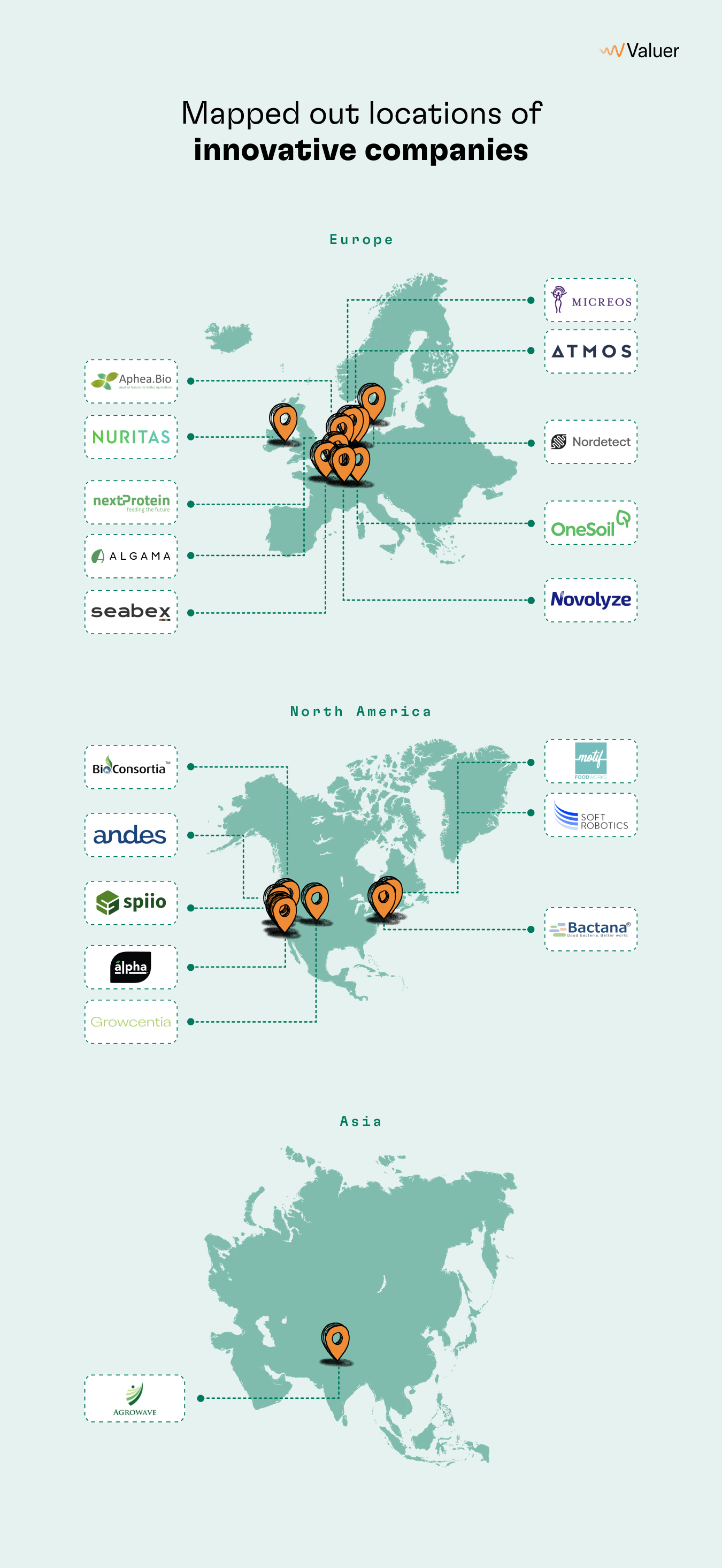
Cultivating Green Futures: Sustainable Agriculture Startup Innovations
Sustainable agriculture startups are at the forefront of transforming traditional farming practices, promoting environmental conservation, and ensuring a future of resilient food production. Let’s delve into the innovative initiatives these startups are implementing to foster sustainability in agriculture.
1. Embracing Agroecology
Sustainable agriculture startups prioritize agroecology, a holistic approach that integrates ecological principles into farming systems. By mimicking natural ecosystems, these startups aim to enhance soil health, biodiversity, and overall ecosystem resilience. Agroecological practices contribute to sustainable and regenerative agriculture, reducing the reliance on synthetic inputs.
2. Precision Farming Technologies
In the era of smart agriculture, startups are leveraging precision farming technologies. These innovations include satellite imagery, sensors, and data analytics to optimize resource utilization. Precision farming not only improves crop yields but also minimizes environmental impact by precisely managing inputs such as water, fertilizers, and pesticides.
3. Vertical Farming for Urban Sustainability
Urbanization presents challenges for traditional agriculture, but sustainable startups are addressing this through vertical farming. By cultivating crops in vertically stacked layers, often within urban environments, these startups minimize land usage, reduce transportation emissions, and provide fresh produce to urban populations. This approach enhances food security while minimizing the carbon footprint associated with food production and transportation.
4. Innovative Water Management
Water scarcity is a significant concern in agriculture, and sustainable startups are tackling this challenge through innovative water management solutions. From rainwater harvesting to advanced irrigation technologies, these startups aim to optimize water usage, reduce waste, and promote sustainable water practices in agriculture.
5. Crop Diversity and Resilience
Monoculture, the practice of cultivating a single crop, can lead to environmental degradation and vulnerability to pests and diseases. Sustainable agriculture startups are championing crop diversity to enhance resilience. By promoting the cultivation of a variety of crops, these startups contribute to healthier ecosystems and more robust food systems.
6. Blockchain for Transparent Supply Chains
Ensuring transparency in the agricultural supply chain is a key focus for sustainable startups. Many are incorporating blockchain technology to trace the journey of food products from farm to table. This transparency fosters trust among consumers, supports fair trade practices, and enables the identification of inefficiencies in the supply chain that can be addressed for greater sustainability.
7. Renewable Energy Integration
Sustainable startups recognize the environmental impact of traditional energy sources in agriculture. To address this, many are integrating renewable energy solutions such as solar and wind power. This not only reduces the carbon footprint of farming operations but also contributes to the overall sustainability of agricultural practices.
8. Collaboration for Knowledge Sharing
The sustainability journey is often collaborative, with startups actively participating in knowledge-sharing networks. These collaborations facilitate the exchange of best practices, innovations, and research findings, fostering a collective effort towards a more sustainable future for agriculture.
9. Consumer Education and Awareness
Sustainable agriculture startups understand the importance of consumer education. By raising awareness about the environmental and social impacts of food choices, these startups empower consumers to make informed decisions that support sustainable agriculture. Educated consumers play a vital role in driving demand for environmentally friendly and ethically produced food.
10. Nurturing Community Engagement
Beyond business objectives, sustainable startups prioritize community engagement. Whether through supporting local farmers, implementing community-supported agriculture models, or initiating educational programs, these startups actively contribute to the well-being of the communities they operate in.
In the dynamic landscape of agriculture, sustainable startups are sowing the seeds for a greener, more resilient future. To explore some of the groundbreaking initiatives by sustainable agriculture startups, visit Sustainable Agriculture Startups.
